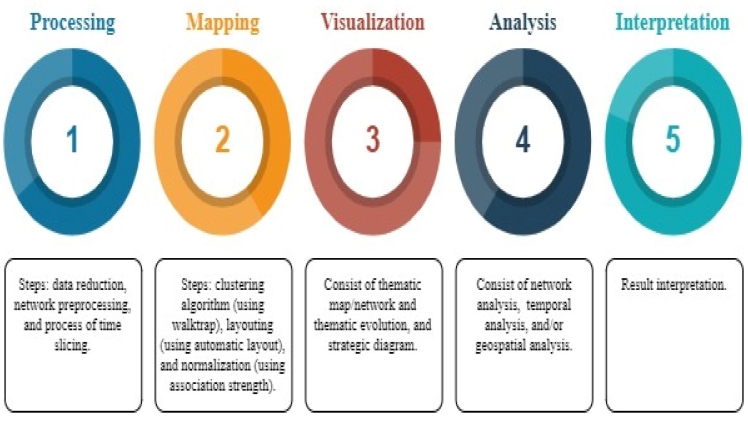Introduction
Halal certification, a widely recognized and respected symbol of food and product quality, has gained significant importance in recent years. Halal, which means “permissible” in Arabic, extends beyond a dietary preference; it is a religious and cultural practice that shapes the daily lives of Muslims worldwide. In this blog, we will delve into the world of Halal certification, its benefits, and the significance it holds for both consumers and businesses.
Halal Certification Procedure
The process for obtaining Halal Certification follows a structured series of steps:
Step 1: Application
The initial step involves the business seeking Halal Certification to submit an application to one of the recognized Certification Bodies. At this stage, the company must be well-informed about the Halal Certification requirements. It is crucial to ensure compliance with Halal standards, systems prerequisites, and staffing criteria.
Step 2: Audit
Upon verification of the application details, Auditors, typically consisting of a Shariah Auditor and a Technical Auditor, will conduct an on-site inspection at the business premises. The Auditors will assess and confirm the following areas for Halal Certification acceptance:
Documentation
- Processing, handling, and product distribution
- Storage, display, and product serving
- Cleanliness, sanitation, and food safety
- Overall facility conditions
- Tools, equipment, and machinery
- Packaging and labeling
During the audit, the business may be required to provide guidelines for the acceptance of raw materials (ingredients), a certificate of analysis, and an individual component’s Halal certificate. Once the audit concludes, a comprehensive audit report is jointly prepared and signed by both parties.
Step 3: Certification
After the Halal audit is successfully conducted, a Technical Committee evaluates the documents submitted by the business and reviews the audit report submitted by the Auditors. If the audit report proves satisfactory, and the company and its products meet the Halal certification criteria, the Halal Certification Body proceeds to issue the Halal Certificate.
Benefits of Halal Certification
Halal certification brings a range of advantages to businesses and consumers alike:
- Market Access: For businesses, obtaining Halal certification opens doors to a vast market of over 1.9 billion Muslims worldwide. This certification allows companies to cater to the diverse and growing Halal consumer base.
- Consumer Trust: Halal certification instills trust in consumers who seek products adhering to their religious dietary requirements. It provides assurance that the product has been prepared in accordance with Islamic law.
- Quality Assurance: The stringent Halal certification process ensures that the product meets specific quality standards, from sourcing ingredients to production and packaging. This results in high-quality goods for all consumers.
- Global Competitiveness: In an increasingly interconnected world, businesses with Halal certification gain a competitive edge, as their products can be readily exported to various countries with significant Muslim populations.
- Cultural Sensitivity: Beyond religion, Halal certification demonstrates cultural sensitivity, making products suitable for a wide range of consumers, irrespective of their faith.
FAQs on Halal Certification
Q1: Who can apply for Halal certification?
A1: Any business producing food, cosmetics, or pharmaceuticals can apply for Halal certification.
Q2: What are the key requirements for a product to be considered Halal?
A2: Key requirements include the absence of pork and alcohol, adherence to specific slaughtering practices for meat, and overall compliance with Islamic dietary laws.
*Q3: How long does the Halal certification process usually take?
A3: The duration varies based on the complexity of the product and the certifying body but typically takes several weeks to a few months.
*Q4: Is Halal certification only about food products?
A4: No, Halal certification extends beyond food and encompasses cosmetics, pharmaceuticals, and various other consumer products.
*Q5: Can non-Muslims consume Halal-certified products?
A5: Absolutely. Halal-certified products are suitable for people of all faiths and backgrounds due to their rigorous quality standards.
Conclusion
Halal certification bridges faith, culture, and commerce. It provides a significant advantage to businesses, allowing them to cater to a global, diverse market while assuring consumers of product quality and adherence to their religious and cultural values. This certification represents not only a commitment to the Halal lifestyle but also a bridge of understanding between communities, making it a vital element in our interconnected world.

